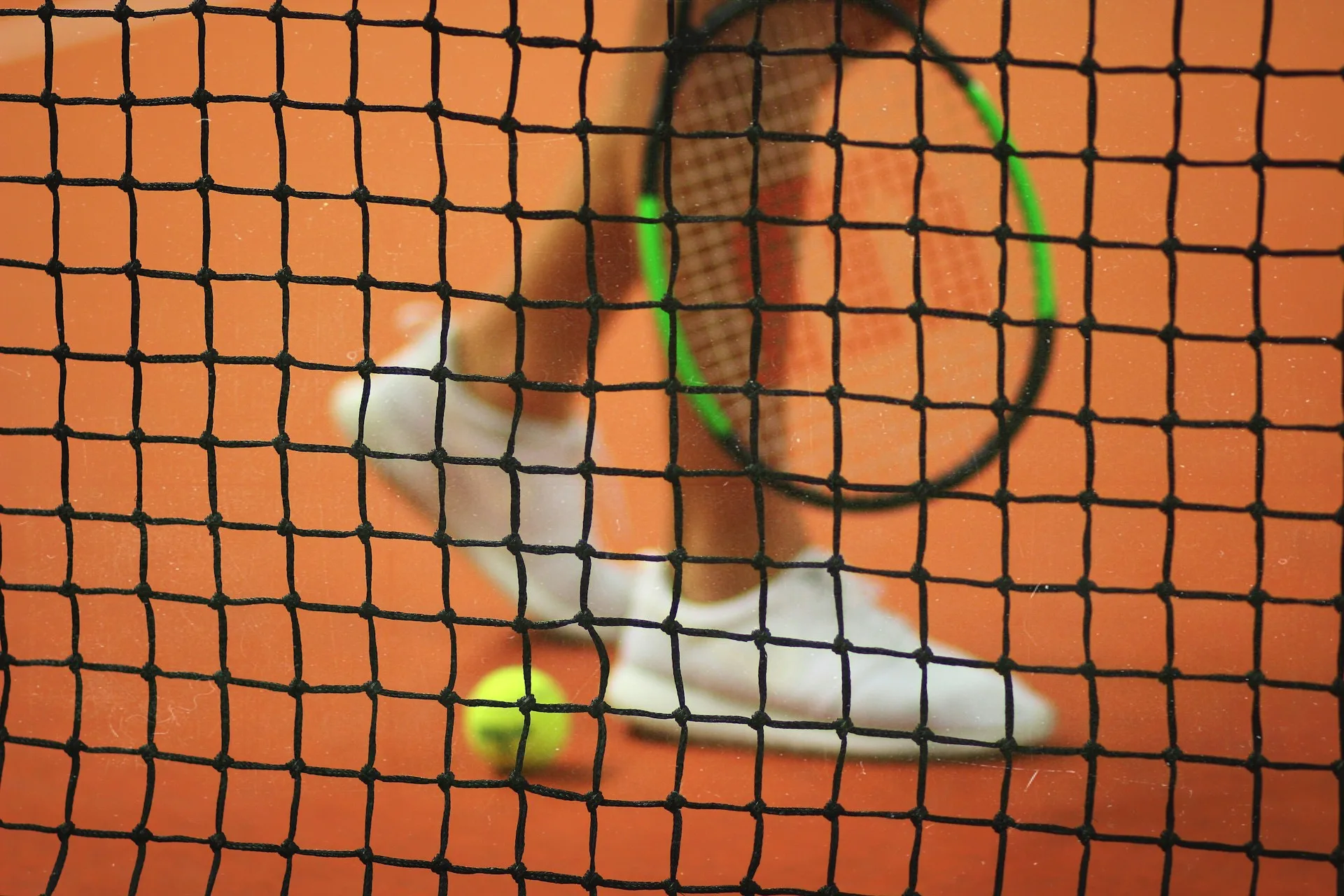Suspension of Tennis Players for Betting Violations

International sports ethics were brought to the forefront recently as the International Tennis Integrity Agency (ITIA) announced the suspension of five tennis players from Mexico and Ecuador. These suspensions followed confirmed violations of betting regulations, with all athletes admitting to the infractions and accepting their penalties. This case highlights the critical importance of integrity in professional sports and the ongoing efforts to uphold ethical standards within the tennis community.
What Happened: Overview of the Violations
The ITIA’s investigation revealed that the players had engaged in activities prohibited under professional tennis betting rules. These regulations aim to ensure that tennis remains a fair and transparent sport, free from undue influence or manipulation. The violations ranged from placing bets on matches, which directly contravenes established rules, to more severe offenses such as sharing insider information for financial gain. One of the players reportedly attempted to influence the outcome of a match, an act that goes against the very essence of competitive sportsmanship.
In their defence, the players cited a lack of awareness about the seriousness of these infractions and financial pressures as contributing factors. However, ignorance of the rules does not exempt individuals from consequences. The ITIA’s zero-tolerance approach underscores the necessity of strict adherence to its regulations to maintain public trust in the sport.
The Players Involved and Their Penalties
The five athletes, whose identities have been disclosed for transparency, include three from Mexico and two from Ecuador. The severity of their punishments varies. While some received suspensions lasting between one and three years, others faced lifetime bans. The ITIA considered several factors, including the level of cooperation during investigations, the players’ ranking, and the extent of their involvement in the betting activities. These measures highlight the ITIA’s commitment to treating every case fairly while ensuring the integrity of tennis remains uncompromised.
Public reactions have been mixed, with some calling for leniency given the players’ financial struggles. Others argue that strict penalties are essential deterrents to prevent future misconduct. Regardless of the differing opinions, this case sends a clear message to all athletes about the consequences of violating ethical standards.
The Role of the ITIA in Safeguarding Tennis
Founded in 2008, the ITIA plays a pivotal role in maintaining the ethical framework of tennis. The organisation’s responsibilities encompass investigating allegations of misconduct, educating players and officials, and enforcing stringent regulations to ensure the sport remains untainted. It collaborates with law enforcement agencies and betting monitoring platforms to identify irregular patterns and potential violations. By taking proactive measures, the ITIA demonstrates its dedication to preserving the sport’s credibility and ensuring a level playing field for all participants.
A key element of the ITIA’s work is its educational outreach. New players, particularly those entering the professional circuit, undergo mandatory integrity workshops. These sessions aim to familiarise them with the rules, highlight the risks associated with betting, and instill a sense of responsibility. In this case, the ITIA’s preventive measures may not have reached all affected players, further emphasising the importance of expanding its educational initiatives.
Preventative Measures and Education
To prevent future violations, the ITIA has launched a series of awareness campaigns targeting junior players, coaches, and agents. These campaigns focus on scenarios where athletes might inadvertently breach regulations, such as sharing locker room insights or discussing match strategies outside trusted circles. By fostering a culture of transparency and accountability, the ITIA aims to reduce the likelihood of unethical behaviour.
The organisation also encourages athletes to report suspicious activities through an anonymous whistleblower platform. This initiative ensures that players who face coercion or are aware of illegal activities can come forward without fear of retaliation. Such measures are vital in building trust and reinforcing ethical standards across all levels of professional tennis.

Implications for the Future of Tennis Integrity
The suspension of these five players serves as a sobering reminder of the challenges tennis faces in maintaining its ethical foundation. Despite the sport’s robust governance, instances of misconduct highlight vulnerabilities that require continuous monitoring and intervention. For sponsors, fans, and athletes alike, these cases can erode trust, making it imperative for organisations like the ITIA to remain vigilant.
Experts argue that the root causes of such violations often stem from financial instability, particularly for players competing at lower levels without lucrative sponsorships. Addressing these underlying issues may involve creating financial safety nets or alternative income streams for athletes, ensuring they are less tempted to engage in prohibited activities. Additionally, fostering partnerships with betting agencies to detect and deter irregularities more efficiently could further strengthen the sport’s integrity.
Reactions from the Tennis Community
The tennis community has expressed varied responses to the news of these suspensions. Prominent players and officials have emphasised the importance of adhering to ethical practices, while some have called for greater support systems to help players navigate financial and professional pressures. Organisations like the ATP and WTA have pledged to work closely with the ITIA to implement more comprehensive education and enforcement strategies.
For fans, the suspensions are a stark reminder of the complexities behind the scenes of professional tennis. While the sport continues to inspire millions worldwide, maintaining its integrity requires collective efforts from all stakeholders, including governing bodies, players, and fans. By addressing these challenges head-on, tennis can continue to uphold its reputation as a fair and respected global sport.




